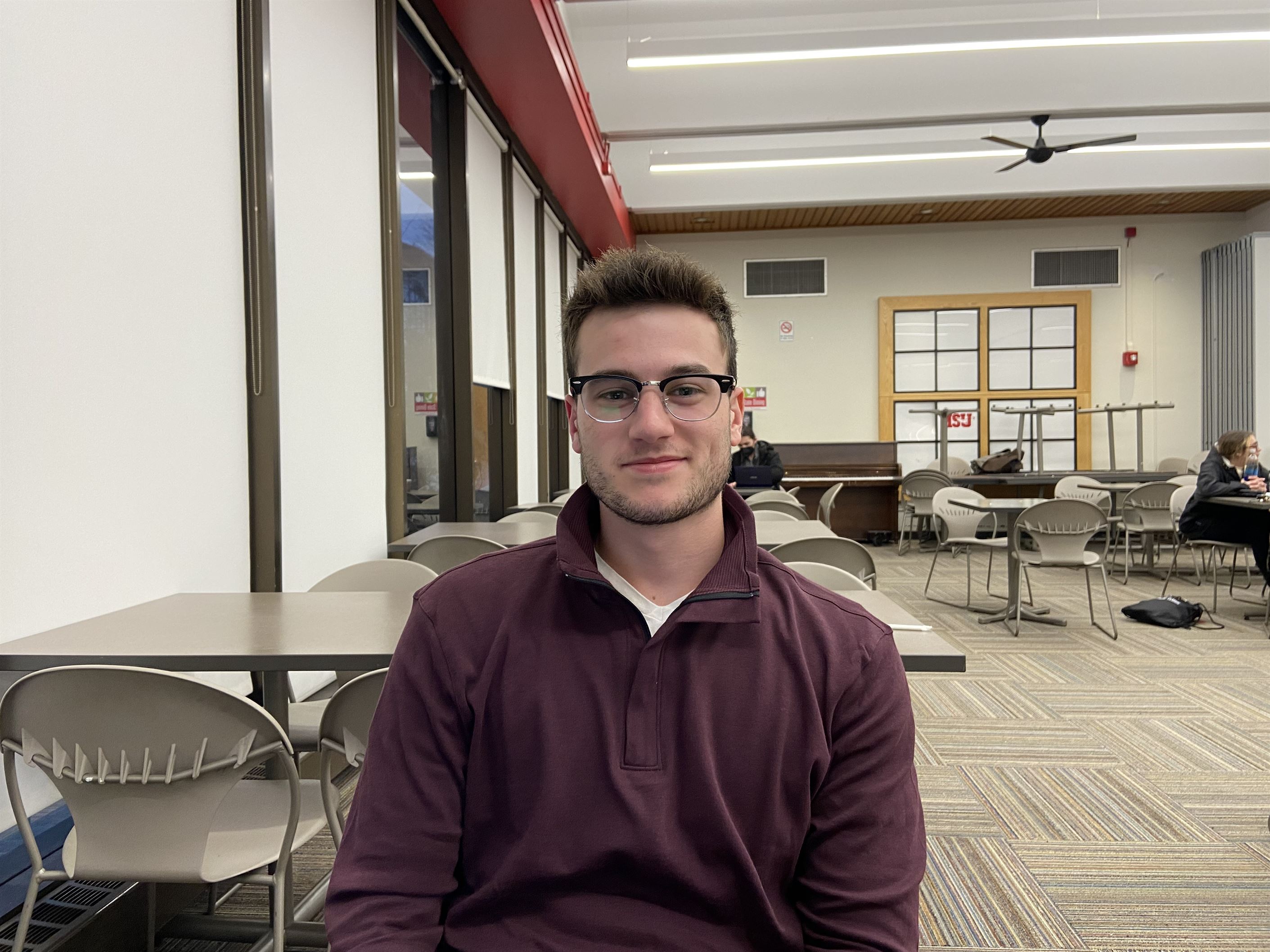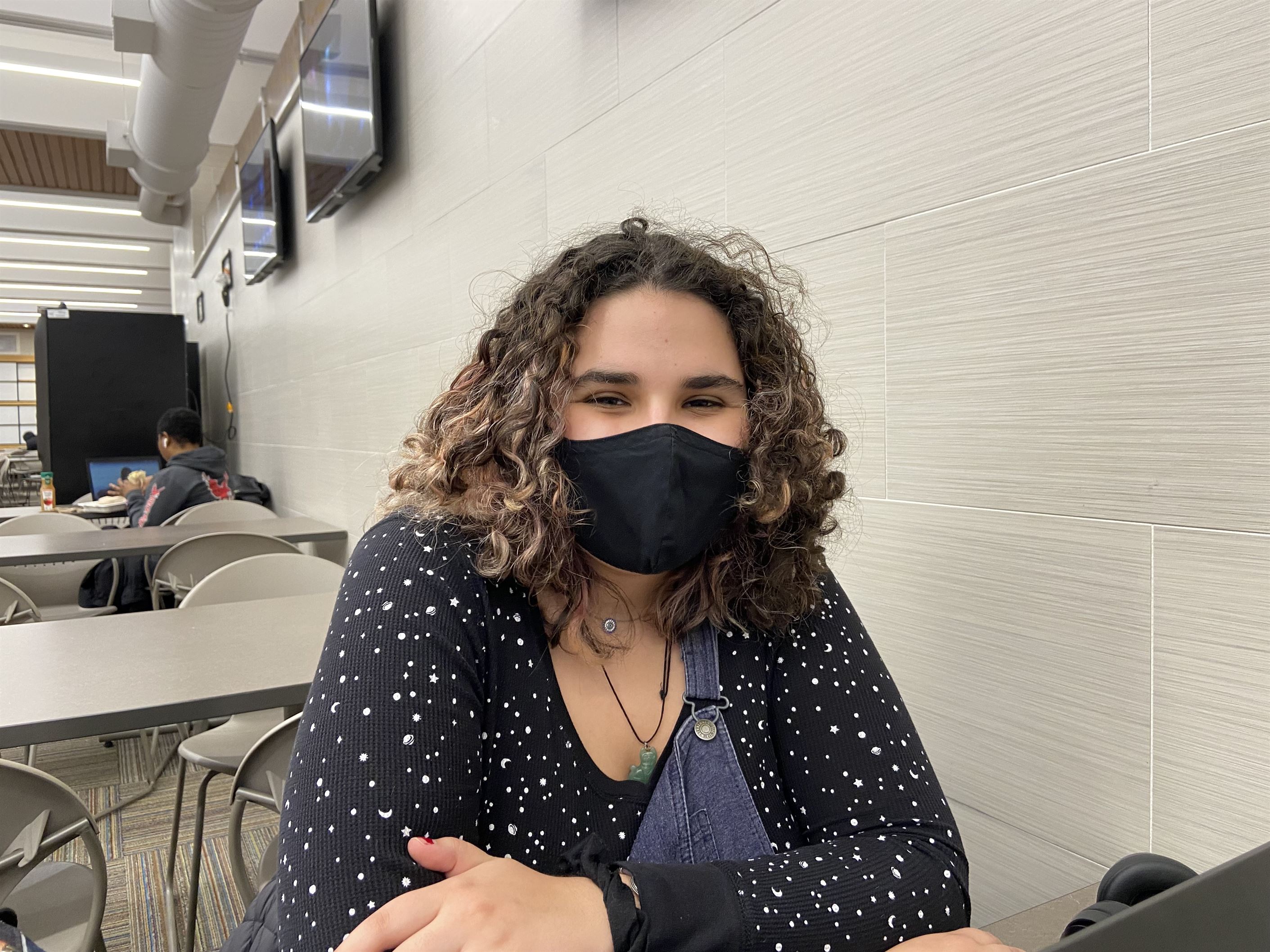Just two days after most Americans set their clocks forward one hour, the United States Senate unanimously passed a measure that would make daylight saving time permanent across the country.
The bill, called the Sunshine Protection Act, would end the practice of changing the time back one hour in November. This makes daylight saving time, which typically begins in March, remain throughout the year.
The measure must be passed by the House of Representatives and signed by President Joe Biden to become a law. It would then take effect in November 2023.
After turning their clocks last weekend, Montclair State University students shared their thoughts on the bill.
Grace Petroccia, a junior family science and human development major, supported the measure after feeling the effects of the time shift.
“In hindsight, I feel like an hour—adding to a day or subtracting from a day—isn’t that different,” Petroccia said. “But I feel like I’ve been feeling it the past few days, and maybe not having that transition will be slightly easier.”

Grace Petroccia, a junior family science and human development major, thinks the bill will be helpful for those who suffer from seasonal affective disorder.
Maja Koprivica | The Montclarion
Petroccia said the bill will be helpful for those who suffer from seasonal affective disorder, which often occurs when we lose an hour of sunlight in November.
“I think that’s super beneficial for the winter because seasonal depression is a thing, and I think that people will definitely benefit from longer days in the winter,” Petroccia said.
In addition to seasonal depression, researchers found an increase in car accidents, heart attacks and other health risks during and after both time transitions.
Rose Vichiconti, a freshman psychology major, felt affected by the time change.
“I generally notice [the effects of the time shift] when I lose an hour of sleep because I don’t plan it out ahead of time,” Vichiconti said. “I significantly feel more tired.”
Rose Vichiconti, a freshman psychology major, has mixed emotions about the bill.
Maja Koprivica | The Montclarion
Vichiconti expressed mixed emotions about the measure.
“In the same breath, I want the hour back, but I also don’t want to lose the hour,” Vichiconti said. “But I think, in the end, it’s worth it, not losing the hour.”
Other students, like Anthony Rota, a senior business administration major with concentrations in marketing and management, did not notice the effects of the time shift considerably but appreciated the additional sunlight during daylight saving time.
“I think the first day [after the time change] probably affects me, but, other than that, not really,” Rota said. “I kind of like daylight saving because, when I come out of work and it’s all dark at night, I kind of don’t like that.”

Anthony Rota, a senior business administration major, did not notice the effects of the time shift considerably.
Maja Koprivica | The Montclarion
Isabella Pozo, a sophomore English major, said the practice of turning our clocks is outdated.
“It seemed a little unnecessary,” Pozo said. “It doesn’t make sense for modern times.”

Isabella Pozo, a sophomore English major, believes the practice of turning our clocks is outdated.
Maja Koprivica | The Montclarion
Pozo said she was also affected by the time transition.
“It was always annoying that one night where it switches because my sleep gets thrown off a little bit, but if it just stays constant the entire year, then I don’t have to have that,” Pozo said.



